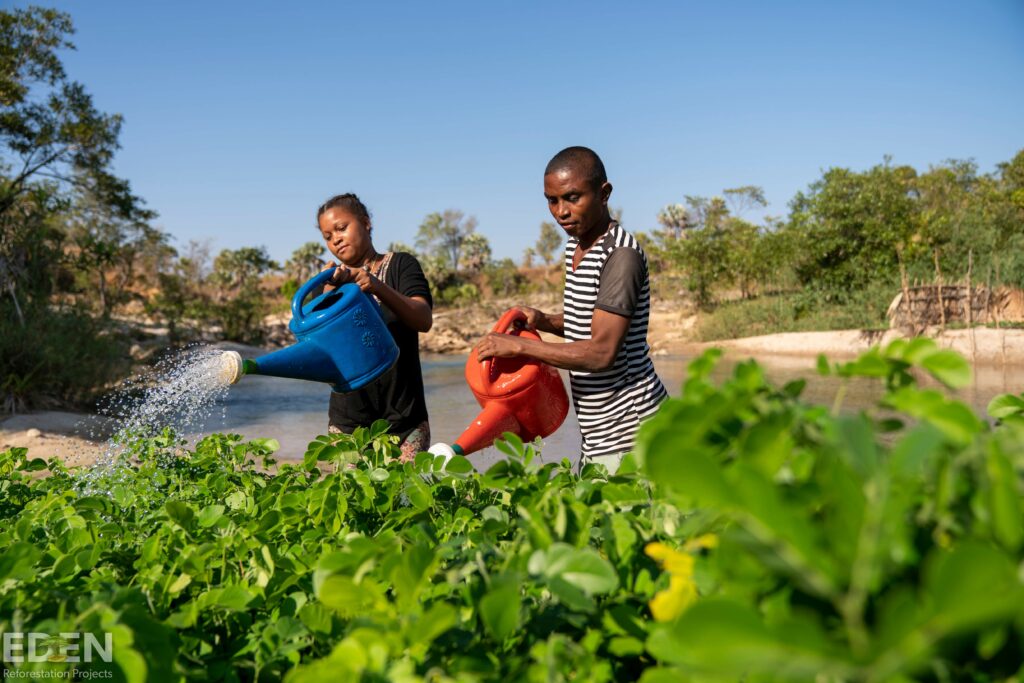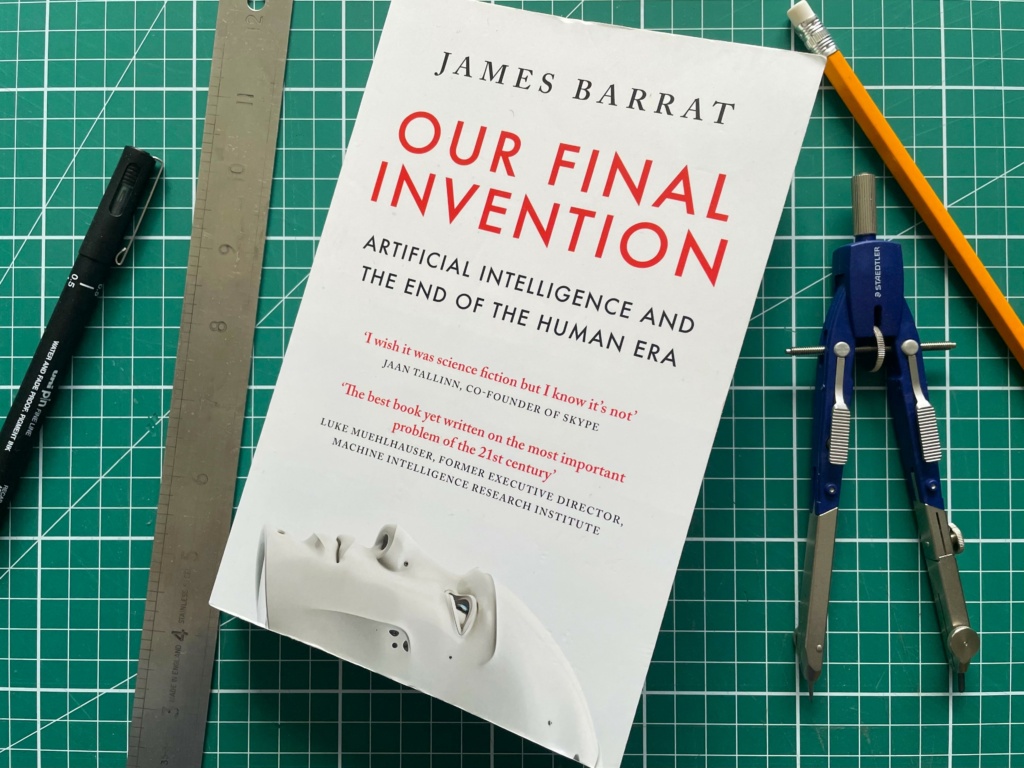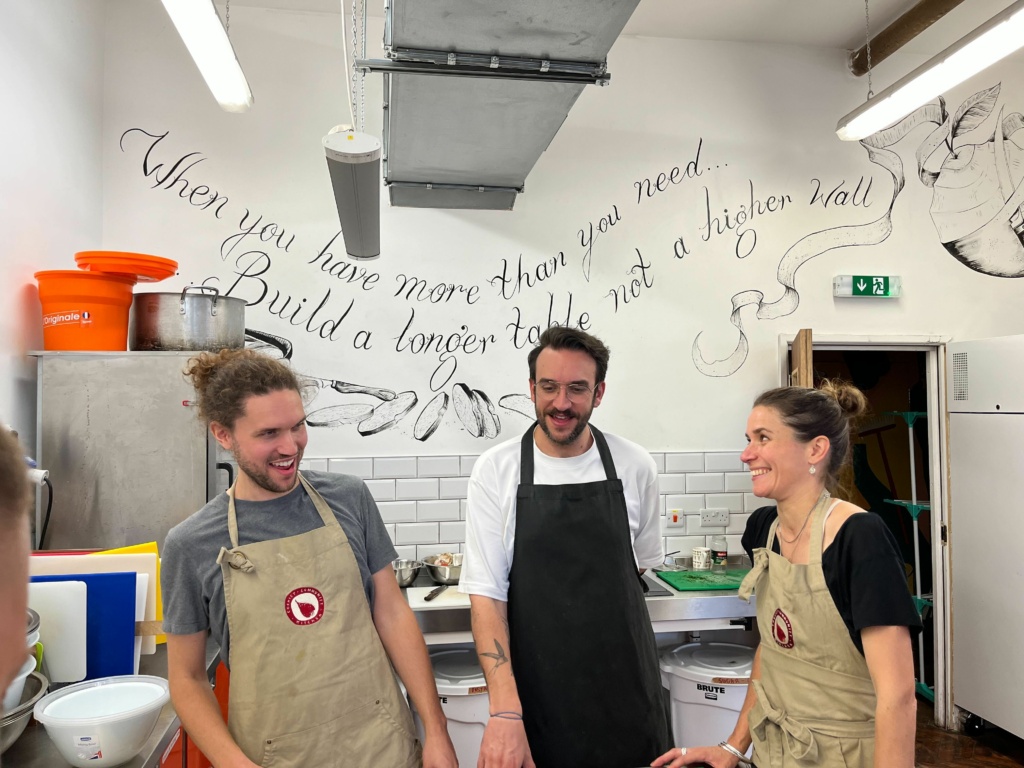|
Bringing active hope to the year ahead
|
Hello and Happy New Year!
As we enter 2024, I’m feeling strangely optimistic about what the future holds. Yes, there are some big challenges ahead for our society but I also believe that we can overcome them if we harness the best qualities of ourselves and each other. Perhaps the only thing preventing us from turning the tide is our collective belief that we can’t.
The world is changing at a rapid pace and while this change often seems to be heading in the wrong direction, we should not lose hope. Where there is change there is opportunity, and that is certainly true here in the digital sector. A few years ago sustainability was almost non-existent in the culture of the tech sector and yet here we are now as part of a thriving digital sustainability community.
I’m so grateful to all of you who have been a part of this community so far and helped to drive progress in creating a greener web. We want to feature more of your great work in this newsletter in the year ahead so please do email us and let us know about anything that you’d like to share.
And if you’re feeling the same hopeful energy right now and looking for a new role where you can have a positive impact, we have some opportunities that you may be interested in. Details further down in this newsletter.
Onwards, to a positive year ahead!
– Tom Greenwood
|
|
|
Top picks from the green web
|

Creating a culture of responsible AI use
|
Artificial Intelligence has increasingly been something on my mind lately, particularly in regard to how we relate this new technology as people trying to encourage more responsible use of digital technology. Considering the social and environmental risks posed by it, should we boycott AI completely, or do we need to find a way of harnessing the benefits while minimising the risks.
For our work at Wholegrain, I believe that the latter option is the only realistic option and as such, I’ve put together a set our guidelines for responsible use of AI, centred around 7 simple principles. I hope they can help us to tread carefully forwards and that they can also be of use to others. Of course, with the pace of AI development moving so fast, these guidelines will be evolving as we learn more and I welcome and ideas or feedback to help us improve them.
|
|

Could we adopt Cloud Carbon Footprint's methodology for website carbon emissions?
|
Following the launch of the website carbon rating system last year, we’ve been continuing our conversations on how we evolve the Sustainable Web Design (SWD) methodology for website carbon emissions. One perspective that interested me in the SWD group was this exploratory piece from The Green Web Foundation’s Fershad Irani, on whether the Cloud Carbon Footprint methodology for data center emissions could be adapted for website emissions.
Fershad shares his thoughts on the limitations of current website carbon calculation methodologies, and looks at what we could learn from the open methodology for Cloud Carbon Footprint. There are some fundamental differences between the two in their objectives and approaches, particular in that I believe Cloud Carbon Footprint to report incremental rather than attributional emissions (which is a big debate in itself), but there are some interesting synergies that I think could be leveraged. It’s good food for thought if you’re interested in this topic.
|
|

The problem with 'Net Zero' and our new approach to reducing our carbon impact
|
A few years ago we set a goal at Wholegrain Digital to exceed carbon neutral by the end of the 2019-20 financial year – which we did achieve – and to become Net Zero on all 3 emissions scopes by the end of the 2023-24 financial year. As we get closer to the end of this financial year, we’re realising that this goal is no longer as achievable as it once seemed.
The problem with ‘Net Zero’ is that it has historically been poorly defined and it now seems that our own definition differs from the one that is now more widely adopted from the Science Based Targets initiative (SBTi).
In order to avoid adding to the confusion, we are continuing our actions to make a positive contribution to nature but are going to stop using the term “Net Zero” for the time being. I always want to be transparent about our work at Wholegrain and so I’ve written this article to explain exactly what we are doing and why.
|
|
|
|
|
"By strengthening our compassion, we give fuel to our courage and determination."
|
Joanna Macy & Chris Johnstone, authors of Active Hope
|
|

Our Final Invention by James Barrat
|
James Barrat published this book about how AI would shape the future of humanity, all the way back in 2013. With AI developments now moving so fast, it would be easy to think that this book is now out of date. However, the opposite is true. It has never been more relevant.
Updated in 2023 with a new introduction that contrasts our current reality with that of ten years ago, it highlights how progress in AI is happening faster than most predicted and that ethical concerns considered fringe paranoia are now mainstream views even among some of the most senior figures in the world of AI.
The book tells the story of AI going all the way back to the early days of computing, with Alan Turing and I.J. Good working at Bletchley Park during World War II, and how the technology we are now experiencing was envisioned as a natural conclusion of the work they were doing so long ago.
Primarily though, the book is about the risks posed to humanity by an intelligence greater than ourselves and why we should be cautious of running full speed behind the tech giants who prioritise profit over safety. It provides a solid foundation in AI without being clouded by the current hype, and I recommend it for anyone interested in how we can handle this technology responsibly.
|
|
|
|
|
Is AI good for the environment?
|
We have another round up of the latest AI news for you this month, starting with my own complex thoughts on whether AI could be good for the environment.
We’ve also been looking at:
🎙️The AI Dilemma – an early podcast episode of Your Undivided Attention, from the Center for Humane Technology – in which Tristan Harris and Aza Raskin discuss how existing A.I. capabilities already pose catastrophic risks to a functional society, how A.I. companies are caught in a race to deploy as quickly as possible without adequate safety measures and what it would mean to upgrade our institutions to a post-A.I. world.
⚛️Microsoft, which has been looking at next-generation nuclear reactors to power its data centers and AI, according to a job listing seeking someone to “lead project initiatives for all aspects of nuclear energy infrastructure for global growth.”
📃 The EU’s AI Act, the first official regulation on artificial intelligence, published last month. This new regulation aims to balance innovation with the protection of citizens’ rights.
Key points include:
- Strict bans on AI for social scoring, manipulation, and exploiting vulnerabilities
- Safeguards on law enforcement’s use of biometric systems, requiring judicial approval
- High-risk AI systems face stringent obligations, including fundamental rights impact assessments
- General-purpose AI systems must adhere to transparency and EU copyright laws
- Fines for non-compliance range from €7.5 million to €35 million or 1.5% to 7% of global turnover.
|
|
|
|
|
Other news from the green web
|
|
|
|
Join the Wholegrain Digital team
|

New Year, new role?
|
If you’ve returned from the holidays refreshed and ready to take the next step in your career, within a purpose-driven company passionate about making a difference to people and planet, then we’d love to hear from you!
We’re current looking for a new Business Development Manager to help steer us forward with new ideas that support our clients and help us further our mission of greening the web. We are also seeking an experienced Account Manager to support our client success team in developing existing relationships and ensuring we always deliver excellent client support.
If you don’t fit the roles advertised at any time, you’re always welcome to get in touch with the team by replying to this newsletter to learn more about us and explore options in a casual conversation.
|
|
|
|
-
It was brought to our attention that in our last issue, we included this link about data centers, which included outdated information and incorrect data. It claimed that “despite the rapidly increasing internet usage, energy use has remained steady.” Unfortunately, this misinformation was widely reported and we initially assumed to be true. In fact, data center energy consumption is not steady and emissions continue to grow.
Many thanks to Benoit Petit for flagging this! If you spot any inaccurate reporting in Curiously Green, please do bring it to our attention. Just hit reply to this email and we’ll publish any corrections in the next issue.
|
|
|
Curiously Green is curated and written by Tom Greenwood, Marketa Benisek and Rachael B.
|
|
|
|